Acetaminophen Safe Dosage Checker
Generic acetaminophen is a widely‑available over‑the‑counter analgesic that reduces fever and eases mild‑to‑moderate pain, identified by the active ingredient acetaminophen (usually 500mg per tablet). It’s the chemical backbone of the branded product Tylenol, but costs a fraction of the name‑brand price.
Why Look for cheap generic Tylenol Online?
Buying generic acetaminophen on the internet can shave 30‑70% off supermarket prices. Online retailers often sell bulk packs, and price‑comparison tools let you jump between offers in seconds. For students, families, or anyone on a tight budget, the savings add up quickly.
Beyond cost, the convenience factor is huge. You can order a month’s supply while you’re at work, and most reputable sites ship within 24-48hours to the UK. The key is not to sacrifice safety for a lower price.
Spotting a Legitimate Online Pharmacy
In the UK, the Medicines and Healthcare products Regulatory Agency (MHRA) oversees all medicines sold to consumers. Look for the MHRA logo or a link to the agency’s “online pharmacy register.” If a site claims it’s an “online pharmacy” but lacks this verification, treat it with caution.
For sites based outside the EU, the US Food and Drug Administration (FDA) registration can be a useful indicator, but it does not guarantee compliance with UK rules. Always cross‑check the address, contact details, and read reviews from other UK buyers.
Key checks to perform:
- Does the site display a valid MHRA registration number?
- Is there a clear pharmacist‑in‑charge name and contact information?
- Are prices dramatically lower than any high‑street pharmacy? (If it looks too good to be true, it probably is.)
- Does the checkout encrypt data (look for https:// in the URL)?
Price Comparison - Brand vs. Generic vs. Alternatives
| Product | Active Ingredient | Typical Dosage | Average Price per 100mg | Regulatory Body |
|---|---|---|---|---|
| Tylenol® | Acetaminophen | 500mg tablet, up to 4g/day | £0.12 | MHRA |
| Generic acetaminophen | Acetaminophen | 500mg tablet, up to 4g/day | £0.04 | MHRA |
| Ibuprofen (e.g., Nurofen) | Ibuprofen | 200mg tablet, up to 1.2g/day | £0.07 | MHRA |
The table shows that a 100‑tablet pack of generic acetaminophen can cost less than a third of a comparable Tylenol pack. Ibuprofen sits in the middle, offering an anti‑inflammatory edge but with a different safety profile.
Dosage, Safety, and Liver Considerations
Acetaminophen is safe when you follow the recommended dose, but the liver is unforgiving. The standard adult dose is 500mg every 4-6hours, not exceeding 4g (8 tablets of 500mg) in 24hours. For anyone who drinks alcohol regularly, has liver disease, or takes other acetaminophen‑containing products, the ceiling drops to 3g per day.
The Liver toxicity risk skyrockets with accidental overdose. Symptoms such as nausea, abdominal pain, or jaundice may appear 24-48hours after the excess dose. If you suspect an overdose, seek medical help immediately - the NHS provides an online antidote calculator for acetaminophen poisoning.
Children need a lower dose based on weight (10-15mg/kg every 4-6hours). Many online sellers offer liquid formulations (e.g., 160mg/5ml) that are better suited for kids, but always verify the concentration before measuring.
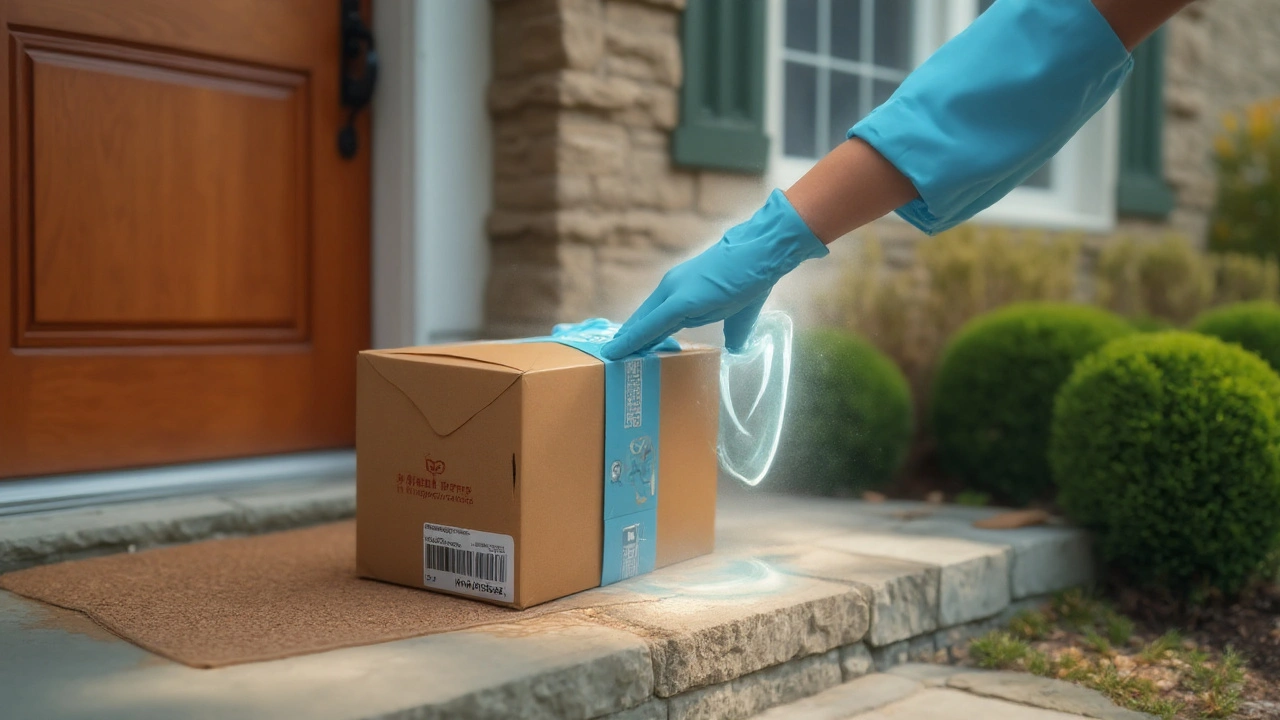
Shipping, Customs, and UK Regulations
Most reputable UK‑based pharmacies ship within the mainland and include free delivery for orders over a certain amount. If you order from an EU or US site post‑Brexit, be aware of potential customs duties (£0‑£5 for standard parcels) and longer delivery times.
Check that the retailer clearly states the product’s batch number and expiry date. This information is mandatory under MHRA guidelines and useful if you need to report a problem.
Common Pitfalls - Counterfeits and Interactions
Counterfeit acetaminophen tablets have been reported in online marketplaces that don’t enforce strict seller verification. Counterfeits may contain less or no active ingredient, or even harmful contaminants like lead. Always buy from a pharmacy that displays a valid MHRA registration and offers a clear return policy.
Acetaminophen interacts with several prescription drugs, notably warfarin (blood thinner) and certain anti‑epileptics. If you’re on any chronic medication, consult your GP before adding a regular acetaminophen regimen.
Another hidden danger is “combination products” that bundle acetaminophen with caffeine or codeine. While legally sold, the extra ingredients can change dosage limits and side‑effect profiles. Read the full ingredient list before purchase.
Step‑by‑Step Guide to Buying Safely
- Identify a UK‑registered online pharmacy (look for the MHRA badge).
- Search for “generic acetaminophen” and compare the per‑tablet price with the table above.
- Check the product page for batch number, expiry date, and dosage instructions.
- Add the desired quantity to your cart and verify that the checkout is encrypted (https://).
- Enter your delivery address - ensure it’s within the UK to avoid extra customs fees.
- Review the return and refund policy; reputable sites accept returns for damaged or mislabeled goods.
- Place the order and keep the confirmation email for future reference.
Follow these steps, and you’ll enjoy the cost savings without the headache of counterfeit meds.
Related Topics You Might Explore Next
Now that you’re comfortable buying generic acetaminophen, you may want to read about:
- The difference between paracetamol (UK naming) and acetaminophen.
- How to manage chronic pain with a rotation of acetaminophen, ibuprofen, and aspirin.
- Understanding the NHS “repeat prescription” service for OTC pain relievers.
- Tips for storing medicines to maintain potency for up to 3years.
Frequently Asked Questions
Is generic acetaminophen as effective as Tylenol?
Yes. Both contain the same active ingredient - acetaminophen - and deliver identical pain‑relief when taken at the recommended dose. The difference lies in inactive fillers, branding, and price.
Can I buy generic acetaminophen from Amazon?
Amazon hosts many third‑party sellers. Look for listings that explicitly state the product is sold and shipped by a UK‑registered pharmacy with an MHRA number. If that information is missing, choose a dedicated online pharmacy instead.
What’s the safest way to store acetaminophen?
Store tablets in a cool, dry place away from direct sunlight and out of reach of children. Keep the original container to preserve the batch number and expiry date.
Do I need a prescription to buy generic acetaminophen online?
No. Acetaminophen is an over‑the‑counter medication, so a prescription is not required. However, reputable pharmacies may ask a few health‑related questions to confirm safe use.
How can I tell if a website is a fake pharmacy?
Fake sites often lack the MHRA registration badge, have poor grammar, offer prices far below market, and do not provide a verifiable pharmacist‑in‑charge. If any of these red flags appear, leave the site immediately.
What should I do if I suspect an overdose?
Call NHS111 or go to the nearest A&E. Time is critical because liver damage can become irreversible after a few hours. If you have the medication packaging, bring it with you.
Are there any drug interactions with acetaminophen?
Acetaminophen can increase the effect of blood thinners like warfarin and may interact with certain anti‑epileptic drugs. Always discuss with your GP or pharmacist if you’re on prescription medicines.
Is it cheaper to buy in bulk?
Yes. Bulk packs of 100tablets or more usually drop the per‑tablet cost dramatically. Just make sure you’ll use them before the expiry date.
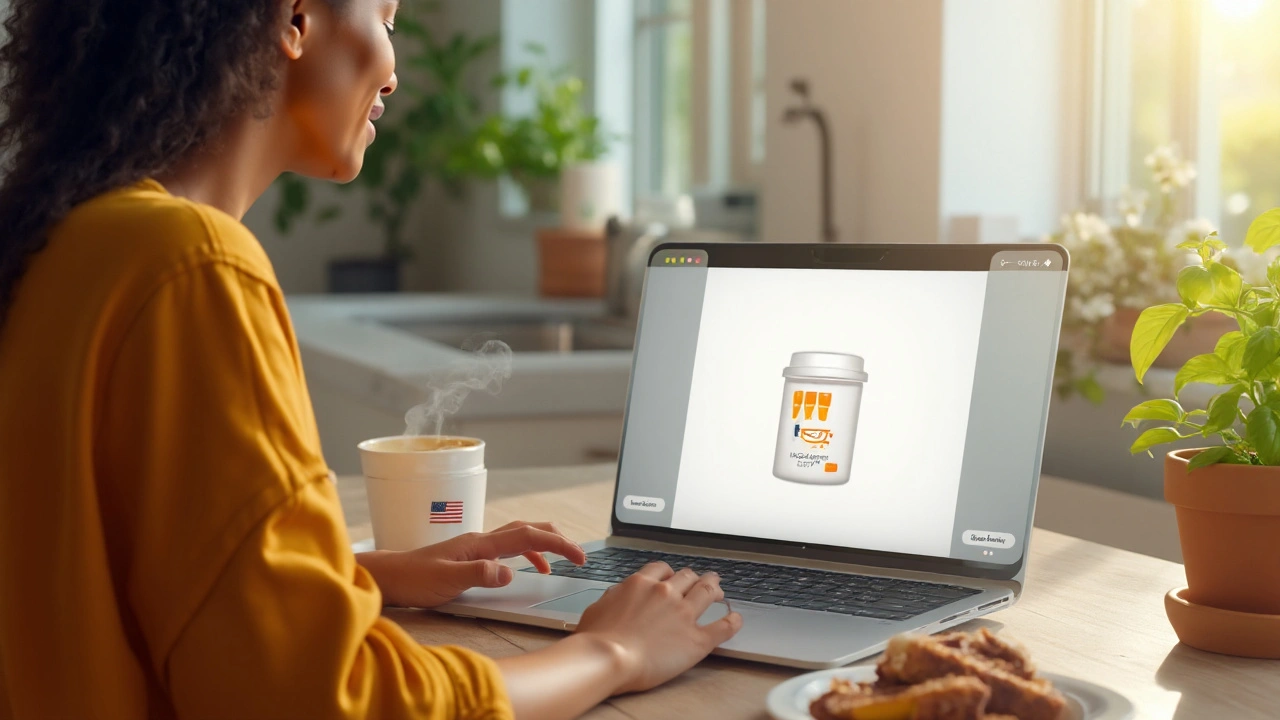
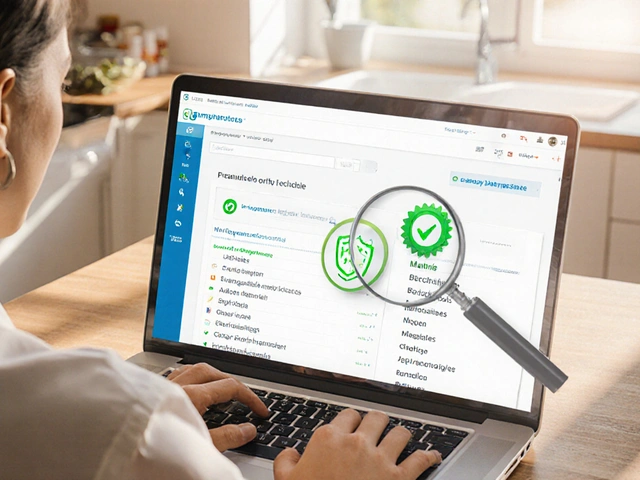
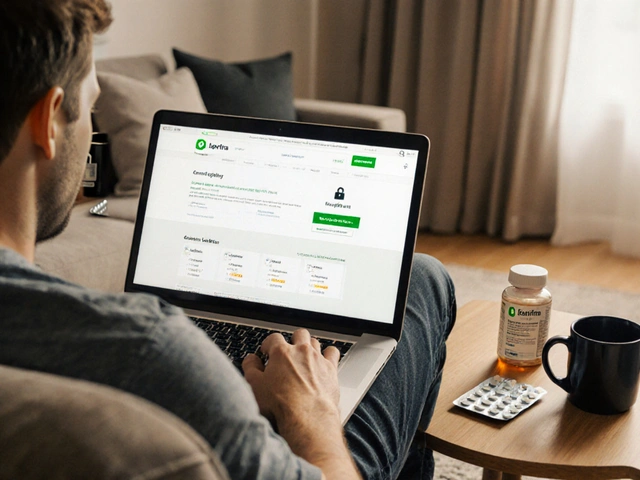

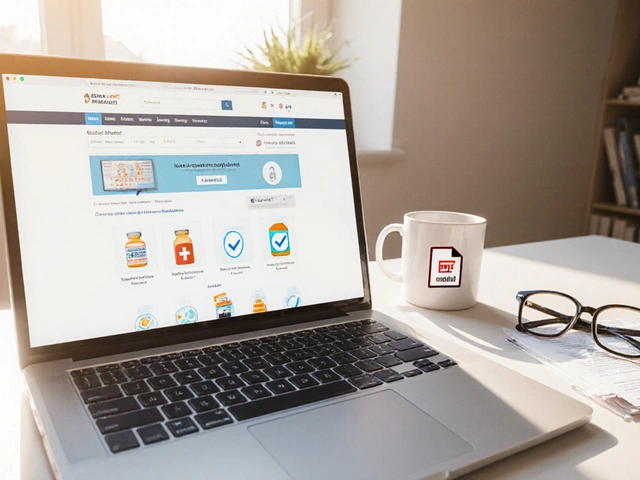

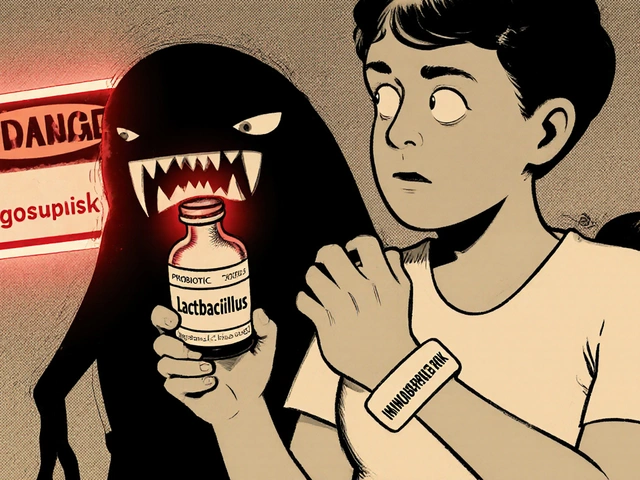
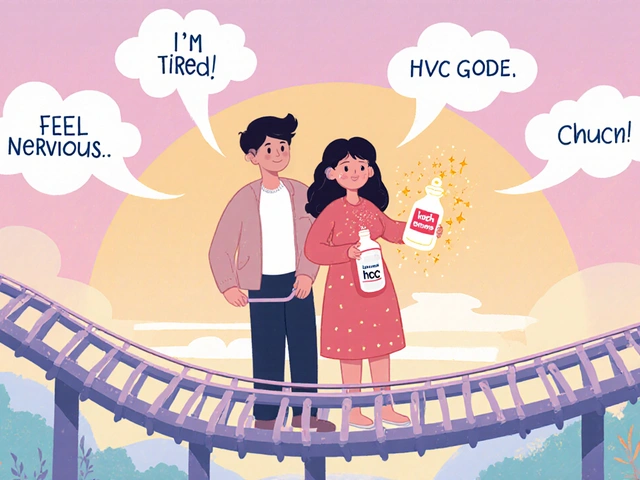
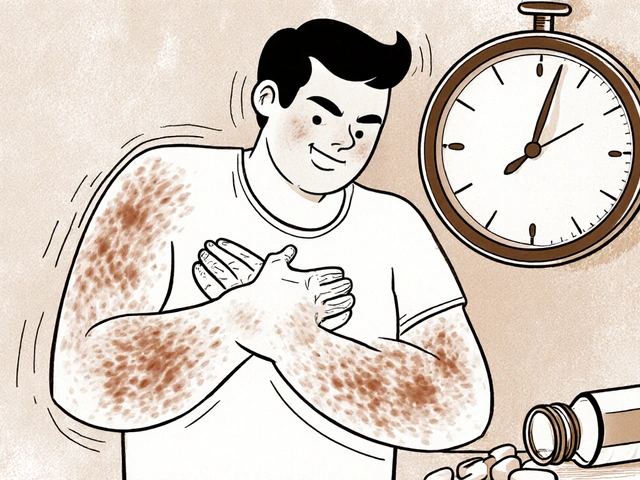
Write a comment
Your email address will be restricted to us